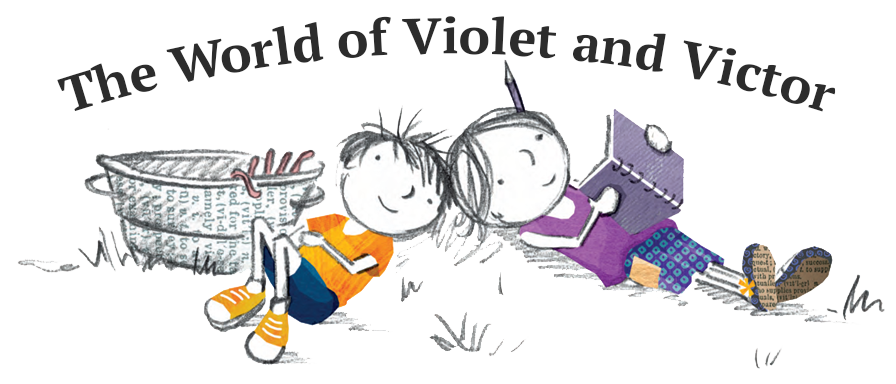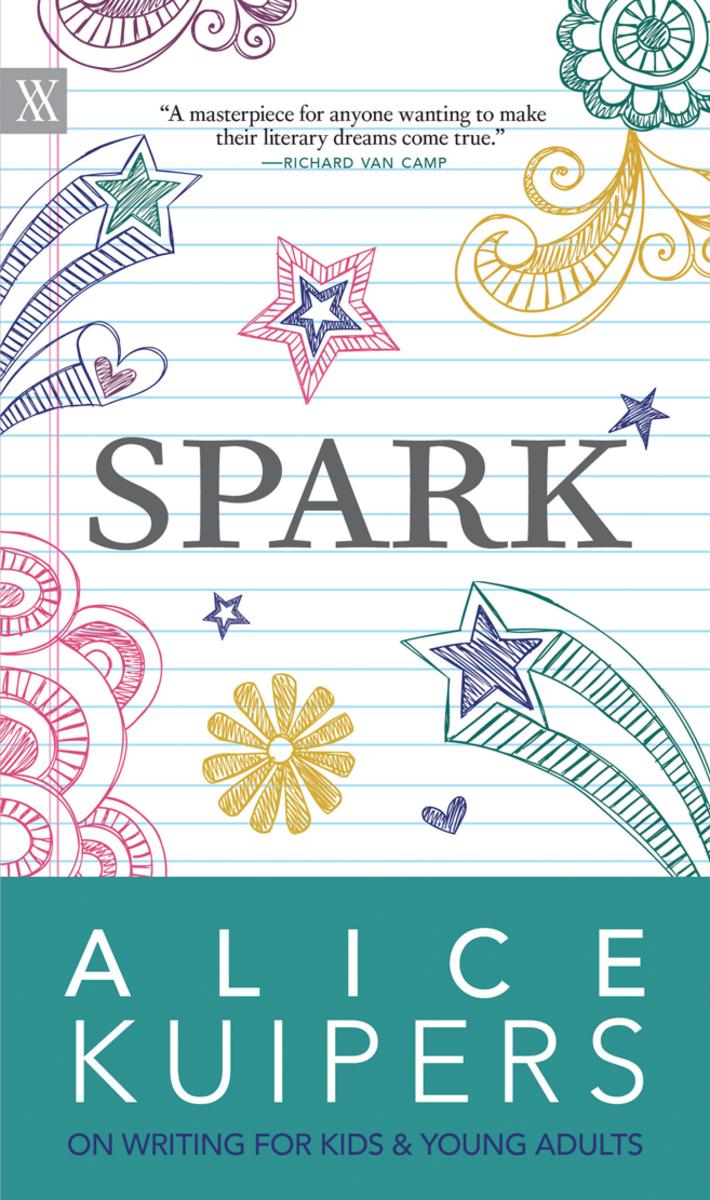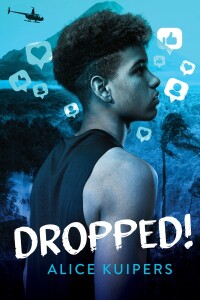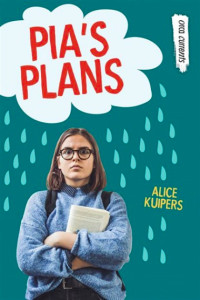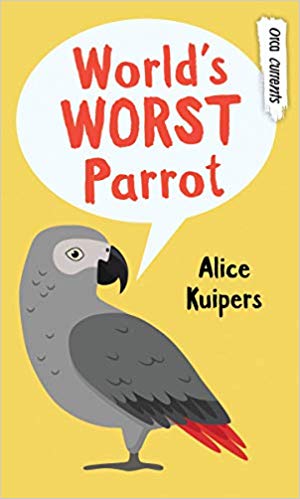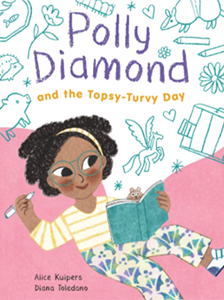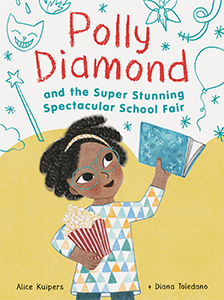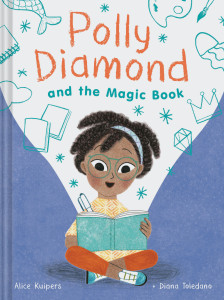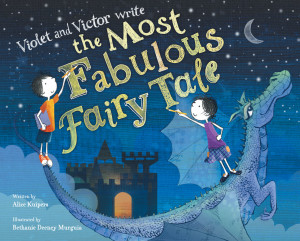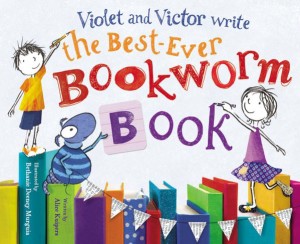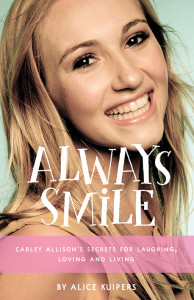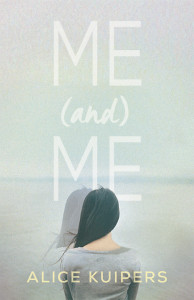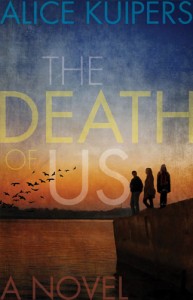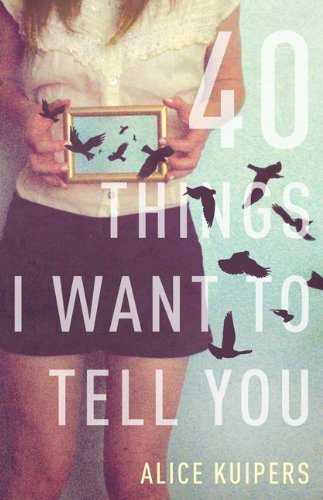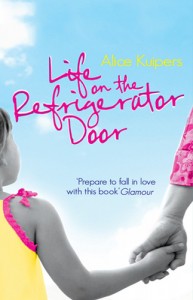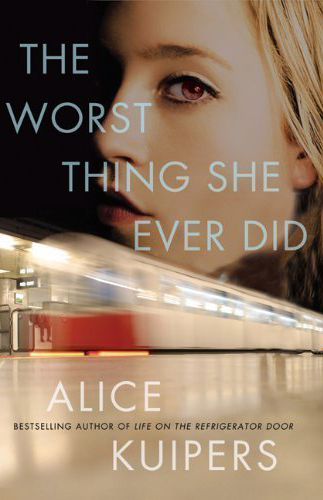Workshop Nineteen
This workshop’s fix for our fiction is all about clichés. Most writers know to avoid clichés like the plague. But sometimes clichés aren’t quite as obvious as they first appear. Sometimes, we think we’re not using a cliché when in fact, we are.
Last week, for Workshop eighteen, the text I wrote was this:
Maggie sits in her room, flicking through the paper. She turns the page and sees Emily’s photo. Emily who she met the first day of school. Her best friend. She remembers the argument they had yesterday. The terrible things she said.
Maggie jumps up and runs to the kitchen. “Mom,” she shouts. “Mom, where are you? Emily’s dead.” Maggie feels the tears running down her face. She can’t stop crying.
At the end, I mentioned that it was full of clichés. Now, the clichés aren’t as obvious as cool as a cucumber, or hot as the sun, but there are at least four clichés if we look carefully.
Maggie sits in her room, flicking through the paper. She turns the page and sees Emily’s photo. Emily who she met the first day of school. Her best friend. She remembers the argument they had yesterday. The terrible things she said.
Maggie jumped up and ran to the kitchen. “Mom,” she shouts. “Mom, where are you? Emily’s dead.” Maggie feels the tears running down her face. She can’t stop crying.
I’ve highlighted in bold moments in the text which seem like sentences I’ve read before, sentences which could appear in many books, sentences which are unoriginal and uninspiring. How many times have you read of tears running down someone’s cheeks? How many times have you seen the word grouping the terrible things she said? How about flicking through the paper?
Instead of making imaginative leaps in my language, I’m making assumptions and guesses about how my character would behave based on writing I’ve read by other writers. I’m not pushing myself to really think about the scene with Maggie as she sees the photograph of her dead best friend.
I need to imagine the world through Maggie’s eyes. I need to take on her character and find her voice.
The way I deal with paragraphs riddled with clichés is to re-read everything, making note of overused phrases. I look for clichés and then I take the time to rewrite them. Finding something original to say takes more than one draft.
This week’s writing prompt:
Write 500 words using this sentence as the first line:
The news was bad.
Try to use your own original words and thoughts, even if it means hunting for the second or third sentence that comes to mind rather than the first.

